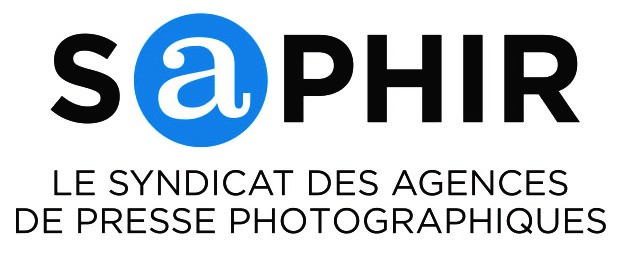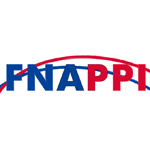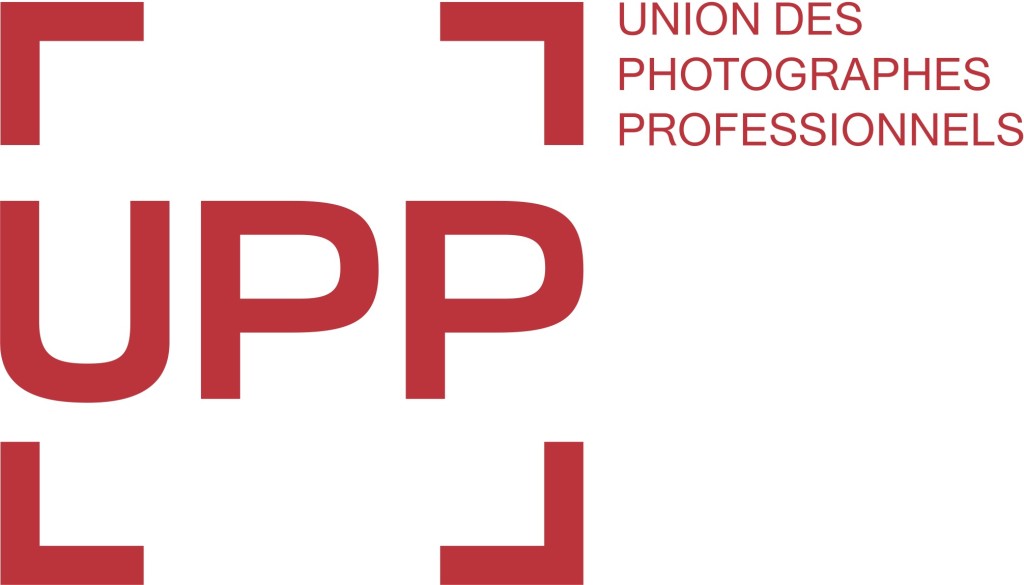Press Release | 12th December 2023
CEPIC on the adoption of the EU AI Act Trilogue Agreement
On Friday 9th December the Council and the European Parliament reached a provisional agreement on the AI Act.
- CEPIC welcomes the EU AI Act Trilogue Agreement as ground-breaking legislation with the potential to set a comprehensive ethical framework for the use of AI in the EU and serve as an example worldwide. In particular, CEPIC commends the introduction of transparency obligations for foundation models and the clear reference to EU copyright standards.
CEPIC is aware that fine-tuning of the final text is still necessary and looks forward to working with EU legislators to improve the text as the process goes forward.
CEPIC represents hundreds of visual media licensing companies and hundreds of thousands of individual visual authors. CEPIC’s members have been digitizing visual content from the advent of the Internet and licensing assets for all kinds of commercial uses, to newspapers, magazines, advertising, broadcasters, etc.
Visual media of CEPIC members is also used as raw material to train algorithms that will create new visual media. While several AI companies have used the grey areas of the law to scrape images with no remuneration or attribution to the original creators and producers of the raw material, several CEPIC members have engaged in ethical generative AI already, showing clearly that the requirements of the AI Act can be met by SMEs: Responsible AI is possible.
- CEPIC also acknowledges that the AI Act agreement endorses the opt-out provisions of the EU Copyright Directive for text and data mining as being applied to generative AI.
It should therefore be repeated that as the recent case of Photographer Kneschke v. LAION in Germany shows, AI companies are currently in a position to abuse the vagueness of the law and use their financial clout to refuse the basic rights of authors over their works. In fact, the opt-out provisions of the EU Copyright Directive as applied to generative AI do not yet fulfil their goal of balancing the interests of all parties within the AI eco-system.
- Finally, CEPIC notes the importance attached to codes of good practice by the AI Act and the role of the AI Office. CEPIC is pleased to have published such a code as early as January 2023 (here) and looks forward to working with the EU legislator.
About CEPIC
CEPIC represents hundreds of Picture Libraries and Agencies, who themselves represent hundreds of thousands of photographers whose core business is the direct licensing of visual content offline and online. Acting as rightsholders, Picture Libraries and Agencies license digital assets for all kinds of commercial uses, to newspapers, magazines, advertising, broadcasters, etc. CEPIC members are continuously adapting to innovative technology and have developed sophisticated digital platforms to both market digital content online and provide digital access to images. Amongst CEPIC members are global players such as Getty Images, Shutterstock, Adobe, visual content marketplaces such as Alamy and Dreamstime, fine arts libraries such Bridgeman Images or AKG Images, historical archives such as Roger-Viollet, news agencies such as Belga (Belgium), TT (Sweden), ANP (Netherlands) or the AFP (France), and more recently AI-focused image libraries such as VAIsual, photographers associations such as the Union des Photographes Professionnels (UPP) as well as representatives for European trade associations AEAPAF, BAPLA, BLF, FNAPPI, SAB, SAPHIR and SNAPIG.
Enquiries at cepic@cepic.org
Print friendly PDF
CEPIC on the adoption of the EU AI Act Trilogue Agreement
















